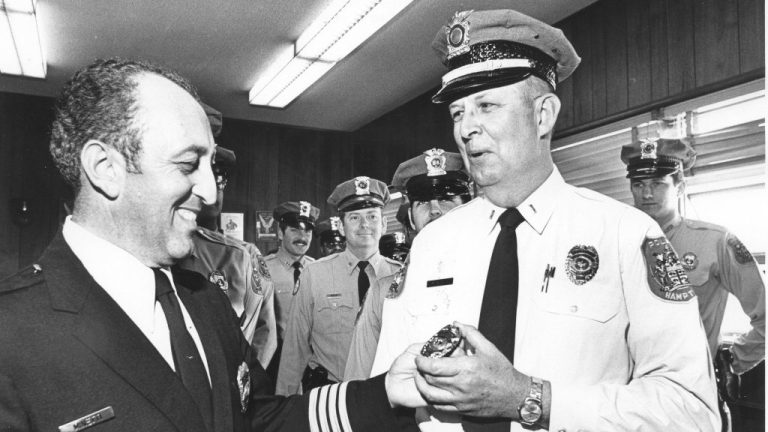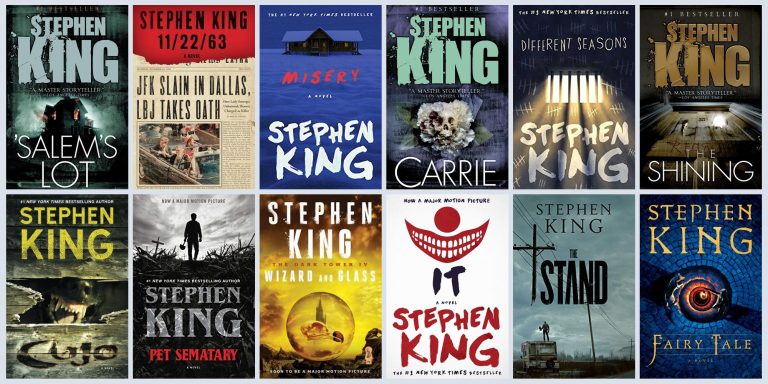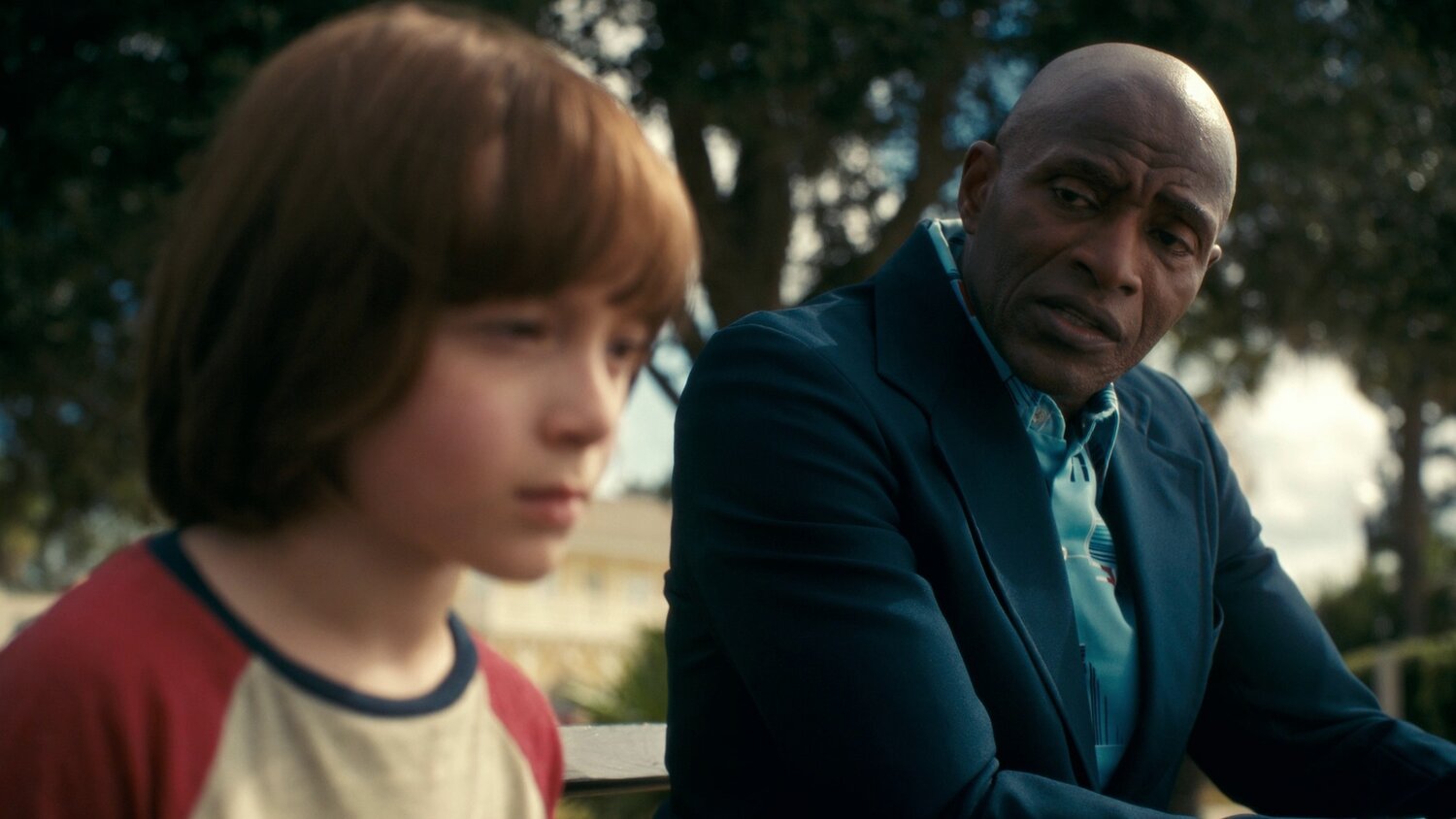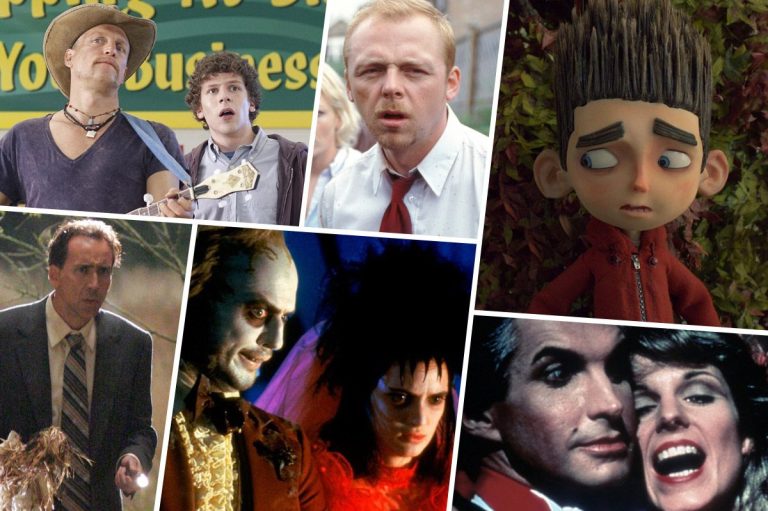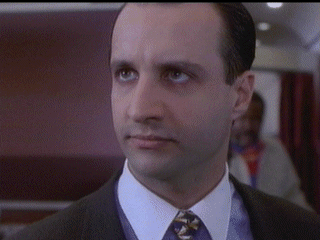Who Started Horror Writing?
Are you curious about the origins of horror writing? Well, let me tell you, it’s a fascinating journey into the depths of human imagination and the eerie stories that have haunted us for centuries. So, who started horror writing? Prepare yourself for a spine-tingling exploration of the dark minds that birthed this genre.
When it comes to the origins of horror writing, we have to travel back in time to the 18th century. Picture this: candlelit rooms, creaking floors, and the flickering shadows of a ghostly tale. It was during this period that a man named Horace Walpole emerged as a pioneer of the horror genre. In 1764, he published a novel called “The Castle of Otranto,” which is widely regarded as the first Gothic novel and a key influence on later horror writers. This chilling tale of supernatural occurrences and family curses set the stage for the spooky stories that would follow.
But the origins of horror writing go even further back in history. We can trace the roots of this genre to ancient folklore and mythology, where tales of monsters, ghosts, and things that go bump in the night were passed down through generations. From the Greek myths of Medusa and the Minotaur to the chilling sagas of Norse mythology, these ancient stories laid the foundation for the horror narratives we know today. So, while Horace Walpole may have popularized horror writing in the modern sense, it’s important to recognize the rich tapestry of terrifying tales that came before him.
As we delve deeper into the history of horror writing, we’ll encounter iconic authors like Edgar Allan Poe, Mary Shelley, and Bram Stoker, who have all contributed their own unique twists to the genre. From psychological horror to supernatural creatures and everything in between, the realm of horror writing is vast and ever-evolving. So, the next time you curl up with a spooky story or watch a bone-chilling horror film, remember the pioneers who paved the way for our love of the macabre.
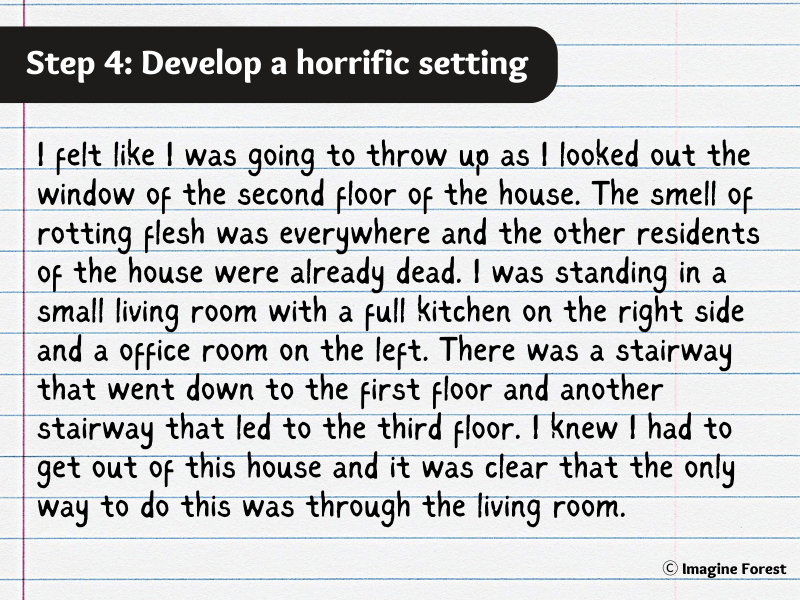
Who Started Horror Writing?
Horror writing has a long and fascinating history, with many authors contributing to the genre over the years. From ancient folklore and Gothic literature to modern-day horror novels and films, the origins of horror writing can be traced back to various sources. In this article, we will explore the beginnings of horror writing and the influential figures who paved the way for this captivating genre.
The Origins of Horror Writing
The roots of horror writing can be found in ancient folklore and mythology, where tales of supernatural creatures and malevolent spirits were passed down through generations. These stories often served as cautionary tales, warning listeners of the dangers that lurked in the darkness. The fear and fascination with the unknown have always been ingrained in human nature, and these early tales of horror tapped into our primal fears.
During the 18th and 19th centuries, the Gothic literary movement emerged, giving rise to some of the earliest examples of horror fiction. Writers such as Horace Walpole, Ann Radcliffe, and Mary Shelley utilized atmospheric settings, suspenseful plots, and supernatural elements to create spine-chilling tales that captivated readers. Their works set the stage for the horror genre as we know it today.
The Influence of Edgar Allan Poe
One of the most influential figures in horror writing is Edgar Allan Poe. With his dark and macabre tales, Poe revolutionized the genre and introduced psychological horror to a new level. His stories, such as “The Tell-Tale Heart” and “The Fall of the House of Usher,” explored the depths of the human psyche and delved into themes of madness, guilt, and the supernatural. Poe’s haunting imagery and mastery of suspense continue to inspire and terrify readers to this day.
Another notable figure in the history of horror writing is Bram Stoker, the author of the iconic novel “Dracula.” Published in 1897, “Dracula” introduced the world to one of the most enduring and captivating characters in horror literature. Stoker’s novel popularized the vampire archetype and established many of the tropes that have become synonymous with the genre. The influence of “Dracula” can be seen in countless vampire stories, films, and television shows that have followed in its wake.
The Modern Masters of Horror
In the 20th and 21st centuries, numerous authors have continued to push the boundaries of horror writing and captivate audiences with their terrifying tales. Stephen King, often referred to as the “Master of Horror,” has written numerous best-selling novels that have become cultural touchstones, including “Carrie,” “The Shining,” and “It.” King’s ability to create compelling characters and build suspense has solidified his place as one of the most influential writers in the genre.
Another prominent figure in modern horror writing is H.P. Lovecraft. Known for his cosmic horror stories, Lovecraft’s works delve into the terrifying unknown, exploring the existence of ancient and otherworldly beings that defy human comprehension. Lovecraft’s influence can be seen in the works of many contemporary horror authors, as well as in various forms of media, including films, video games, and graphic novels.
In conclusion, the roots of horror writing can be traced back to ancient folklore and Gothic literature, with influential figures such as Edgar Allan Poe, Bram Stoker, Stephen King, and H.P. Lovecraft shaping the genre into what it is today. These authors have tapped into our deepest fears and desires, crafting stories that continue to captivate and terrify audiences. The legacy of horror writing is a testament to the power of storytelling and our enduring fascination with the darker side of human nature.
Key Takeaways: Who started horror writing?
- Horror writing dates back to ancient times, with early examples found in ancient Egyptian and Mesopotamian literature.
- One of the earliest known horror writers is Edgar Allan Poe, who popularized the genre in the 19th century.
- Mary Shelley’s novel “Frankenstein” is considered a landmark in horror writing and influenced many future authors.
- Bram Stoker’s “Dracula” introduced the iconic vampire character and became a classic horror novel.
- H.P. Lovecraft’s works in the early 20th century laid the foundation for cosmic horror and influenced numerous writers.
Frequently Asked Questions
Here are some commonly asked questions about the origins of horror writing:
1. What is the history of horror writing?
Horror writing has a long and rich history that dates back centuries. While it is difficult to pinpoint a single individual who started horror writing, many scholars credit Gothic literature as the foundation of the genre. The works of authors such as Mary Shelley, Edgar Allan Poe, and Bram Stoker in the 18th and 19th centuries laid the groundwork for what we now recognize as horror writing.
These authors explored themes of the supernatural, fear, and the macabre, captivating readers with their eerie tales. Their stories continue to influence modern horror writing and have become iconic pieces of literature in their own right.
2. Who were some early pioneers of horror writing?
While there were many early pioneers of horror writing, a few notable figures stand out. One such pioneer is Horace Walpole, who is often credited with writing the first Gothic novel, “The Castle of Otranto,” in 1764. This influential work set the stage for the development of the horror genre.
Other early pioneers include Ann Radcliffe, known for her atmospheric and suspenseful novels, and Matthew Lewis, whose controversial novel “The Monk” pushed the boundaries of horror writing in the late 18th century.
3. How did horror writing evolve over time?
Horror writing has evolved significantly over time, reflecting the changing fears and anxieties of society. In the 19th century, authors like Edgar Allan Poe delved into the psychological aspects of horror, exploring the depths of the human mind and the terror that lies within.
In the 20th century, horror writing expanded into different subgenres, such as cosmic horror, psychological horror, and supernatural horror. Influential authors like H.P. Lovecraft, Shirley Jackson, and Stephen King brought new dimensions to horror writing, introducing complex characters, intricate plots, and deeper explorations of fear and terror.
4. How has horror writing influenced other forms of media?
Horror writing has had a profound impact on other forms of media, including film, television, and even video games. Many iconic horror stories have been adapted into successful movies, bringing the terror to life on the silver screen.
The popularity of horror writing has also led to the creation of horror-themed television shows, from classic series like “The Twilight Zone” to contemporary hits like “American Horror Story.” Additionally, horror video games have become increasingly popular, immersing players in terrifying and suspenseful experiences.
5. Who are some notable contemporary horror writers?
There are many talented contemporary horror writers who continue to push the boundaries of the genre. Stephen King is undoubtedly one of the most well-known and prolific horror writers of our time, with numerous best-selling novels to his name.
Other notable contemporary horror writers include Clive Barker, known for his visceral and imaginative storytelling, and Shirley Jackson, whose works continue to captivate readers with their unsettling and thought-provoking narratives. Additionally, authors such as Gillian Flynn and Josh Malerman have gained recognition for their contributions to the psychological thriller subgenre within horror writing.
🦇 9 tips for writing spine-chilling horror
Final Thought: Unveiling the Origins of Horror Writing
As we delve into the realm of horror writing, it becomes clear that pinpointing a single individual as the definitive originator is an elusive task. The inception of horror as a literary genre can be traced back to various sources and influences throughout history. From ancient folklore and mythology to Gothic literature and modern-day horror fiction, the evolution of this captivating genre has been shaped by the creative minds of countless writers. While we may not be able to identify a sole progenitor, we can appreciate the collective contributions that have paved the way for the spine-chilling tales we enjoy today.
Throughout the centuries, horror has taken on many forms, each reflecting the fears and anxieties of its respective era. From the eerie tales of Edgar Allan Poe to the supernatural horrors of H.P. Lovecraft, each writer has left their mark on the genre, adding their unique touch of darkness and suspense. The likes of Mary Shelley, Bram Stoker, and Stephen King have continued to push the boundaries of horror, captivating audiences with their macabre imaginings. It is through their collective efforts that horror writing has thrived, captivating readers and inspiring new generations of writers to explore the depths of fear and the human psyche.
In conclusion, the origins of horror writing are a tapestry woven with the threads of countless imaginative minds. No single individual can claim exclusive credit for its inception. Instead, we owe the birth and evolution of this captivating genre to the collective brilliance of writers throughout history. So, as we indulge in the spine-tingling tales of horror, let us celebrate the diverse voices and vivid imaginations that have contributed to its rich tapestry, reminding us of the enduring power of the written word to thrill, frighten, and captivate our imaginations.


